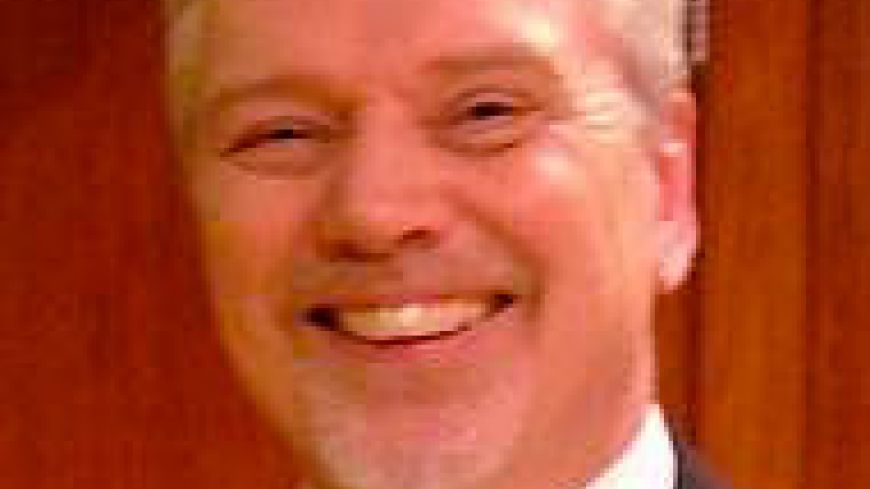
A German Requiem is the longest work that Brahms composed and calls for a large choir and orchestra together with a soprano and a baritone soloist. Spread out in front of us in St Cuthbert’s Parish Church, under the frieze of the Last Supper, was a choir of over eighty voices and a symphony orchestra of more than seventy players. Morley Whithead was at the console of Edinburgh’s largest organ, and the two soloists, Jessica Broad and John Arthur took it in turn high up in the pulpit. Neil Mantle, the conductor, was combining his responsibility with the Edinburgh Bach Choir with that of the Scottish Sinfonia Orchestra under his firm and very capable baton.
A German Requiem lasted for eighty minutes and was sung in German. The programme notes gave us the English translation and the Bible references for the passages. Brahms started to write the work after the death of his mother in 1865. It was completed and first performed in Leipzig in 1869. Because it was written in German it was not intended, unlike most requiems in Latin, to be used liturgically - following the progress of the Mass. And interestingly in the year that we celebrate four hundred years of the inflential King James Version of the Bible, Brahms went back to the Luther Bible of 1534. Luther’s translation into German played a highly important role in the development of the German language around Europe.
A German Requiem has seven movements. Four are for chorus alone, one with solo soprano and two with solo baritone. Both Jessica Broad and John Arthur were on top form but it was the third movement for chorus alone, How lovely is thy dwelling place, taken from Psalm 84, that was the most familiar and open to most criticism but quite excellently sung. Each of the seven movements are used on their own but not so often as a complete requiem. For me the performance was a real treat, and I sat there wondering which of my friends would deserve such a rich and mature requiem when their day comes.
The first half of the concert lasted just twenty minutes and the twenty minute break seemed hardly worth it. But we had heard firstly Brahms’ The Tragic Overture for the Orchestra alone, and then with the Choir Bruckner’s Ecce Sacerdos. This was one of the last of his eleven motets and intended for the centenary celebrations of Linz Cathedral in Upper Austria on the Danube in October 1885. Linz had been Bruckner’s home for thirteen years from 1855 to 1868 and where he was a church organist.
It may not have been Bach but it certainly was a talented and mature evening of scriptural music.
Event: Sunday 20 November 2011, 7.45pm

